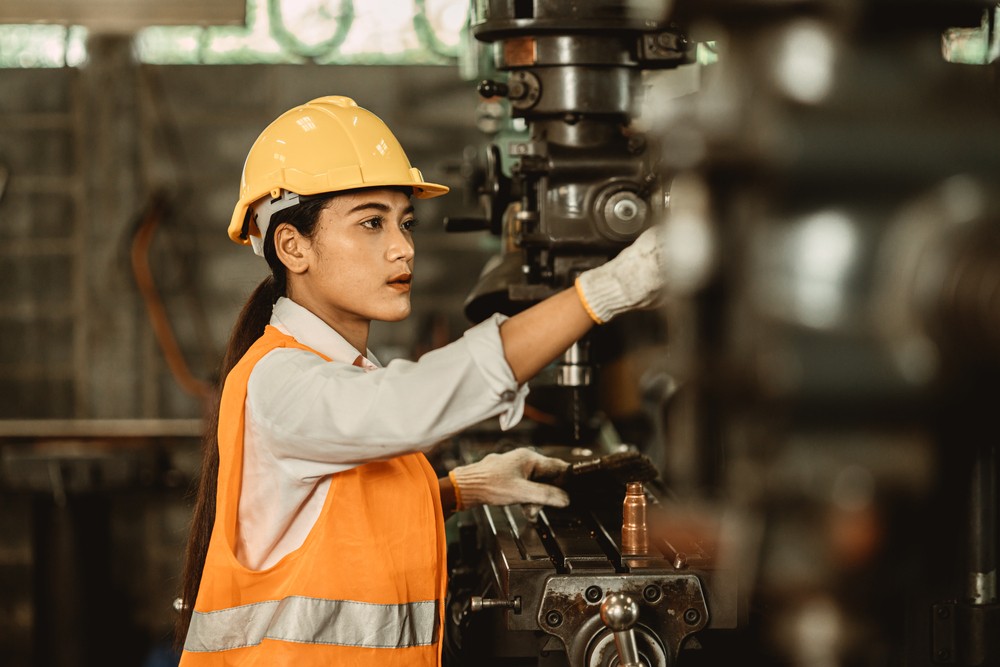6 Types of Industrial Maintenance and Their Differences

Industrial maintenance generally refers to keeping machines and equipment in proper functional condition. But how you approach industrial maintenance can vary greatly. Do you service a machine according to a schedule? Based on machine-specific parameters? Following a component failure? Preemptively anticipating component failures? Approach matters, and it sets the tone for everything in your factory, from equipment longevity to reliability.
Industrial maintenance is a broad umbrella
Manufacturing is an asset-intensive industry, which means industrial maintenance is essential for sustaining reliable performance and profit margins. In an industrial setting, maintenance encompasses many facets, from performing functional checks to servicing and repairing necessary devices and equipment.
A good maintenance program must ensure not only the reliability of machines but also their longevity so producers can get the maximum ROI from their equipment investments. It all comes down to approach.
Industrial maintenance approaches
There’s no one-size-fits-all approach to industrial maintenance. Every facility is different, and every manufacturer has their own considerations, goals, and mindsets for operations. Here are six of the most common approaches to industrial maintenance:
Predetermined maintenance: A predetermined maintenance schedule follows a specific track for each piece of equipment. It usually involves a combination of time-specific services (e.g., every three months) and condition-specific services (e.g., when X occurs).
Proactive maintenance: This approach aims to identify and fix the causes of equipment failure before they happen. Proactive maintenance improves asset reliability and reduces the risk of unplanned downtime by moving away from a prescriptive approach to maintenance.
Preventive maintenance: This form of maintenance is dependable, identifying potential sources of breakdowns or failure before they occur. Preventive measures are taken — often on a schedule — to lower the probability of equipment degradation and unexpected breakdowns.
Condition-based maintenance: Condition-based maintenance involves monitoring the performance of equipment to prevent system failures. It’s a data-heavy approach to maintenance that can pay dividends in the form of predictability and reliability.
Reactive maintenance: Reactive maintenance follows a “run-to-failure” philosophy, minimizing both maintenance time and investment. Repairs are ordered and completed only after equipment has already broken down. Unfortunately, this means suffering the losses of unplanned downtime.
Detective maintenance: Think of detective maintenance as a functional check or failure-finding task. Workers can implement a detective maintenance strategy by always looking for problems. Grease buildup, metal shavings, oil, and other debris often point to early warning signs of an imminent failure.

Quality matters
Regardless of your maintenance approach or the type of maintenance performed, quality is paramount. Not only does maintenance affect the lifespan of machines and the quality of products they produce, but it also supports a safe working environment on the factory floor.
No matter what product you create or the size of your factory, a comprehensive maintenance program is essential for protecting your workers, reputation, and bottom line. It pays to have maintenance done the right way, the first time, every time.